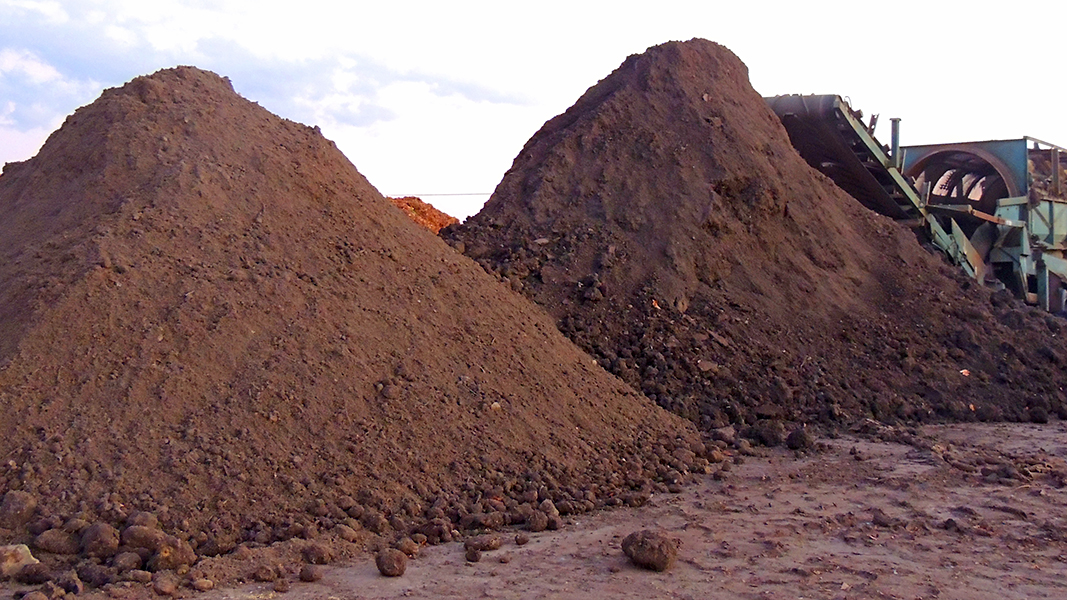A new model compost procurement policy developed by the Environmental Law Institute (ELI) and the NRDC (Natural Resources Defense Council) is designed to be an off-the-shelf, easily adaptable tool that requires municipalities to purchase finished compost products when appropriate for use in public projects such as landscaping, construction, and storm water management — provided it is not cost-prohibitive to acquire (defined in the policy as “the cost of compost exceeding the cost of an alternative product by more than 10%”). The model policy also encourages quasi-governmental and local private entities to purchase compost, when possible, for use in their projects.
The policy is co-authored by Linda Breggin, a Senior Attorney and Director of ELI’s Center for State, Tribal, and Local Environmental Programs, and Darby Hoover, with NRDC’s food waste team. A blog posted on ELI’s website notes that “to date, closing the organics recycling loop by requiring compost purchases is an underutilized tool in municipal efforts to manage organic waste sustainably and cost-effectively. By providing model language, the new resource is intended to facilitate the widespread adoption of compost procurement policies by truncating the time and effort that would be required if a municipality had to start from scratch.” The model is based on ELI’s and NRDC’s extensive research on best practices from around the country, including locations such as King County, WA; Sacramento, CA; Berkeley, CA; and Denver, CO.
“Because no two cities are alike, the model can be adapted as needed to meet individual cities’ needs,” states the blog. “A companion, annotated version of the policy includes commentaries that provide background information on key provisions, as well as alternative approaches, to guide local policymakers who want to tailor the policy to their own situations.”
The model policy was developed as part of the Nashville Food Waste Initiative, which engages local partners in preventing food waste, rescuing surplus food, and recycling what is left to build healthy soil. “Small and mid-sized cities, in particular, can especially benefit from model policies like these,” said Sharon Smith, Special Projects Manager for Nashville’s Metro Waste Services, Waste Services Division. “This template will help local governments understand current best practices and enable them to take an important step toward achieving their waste diversion goals.”













